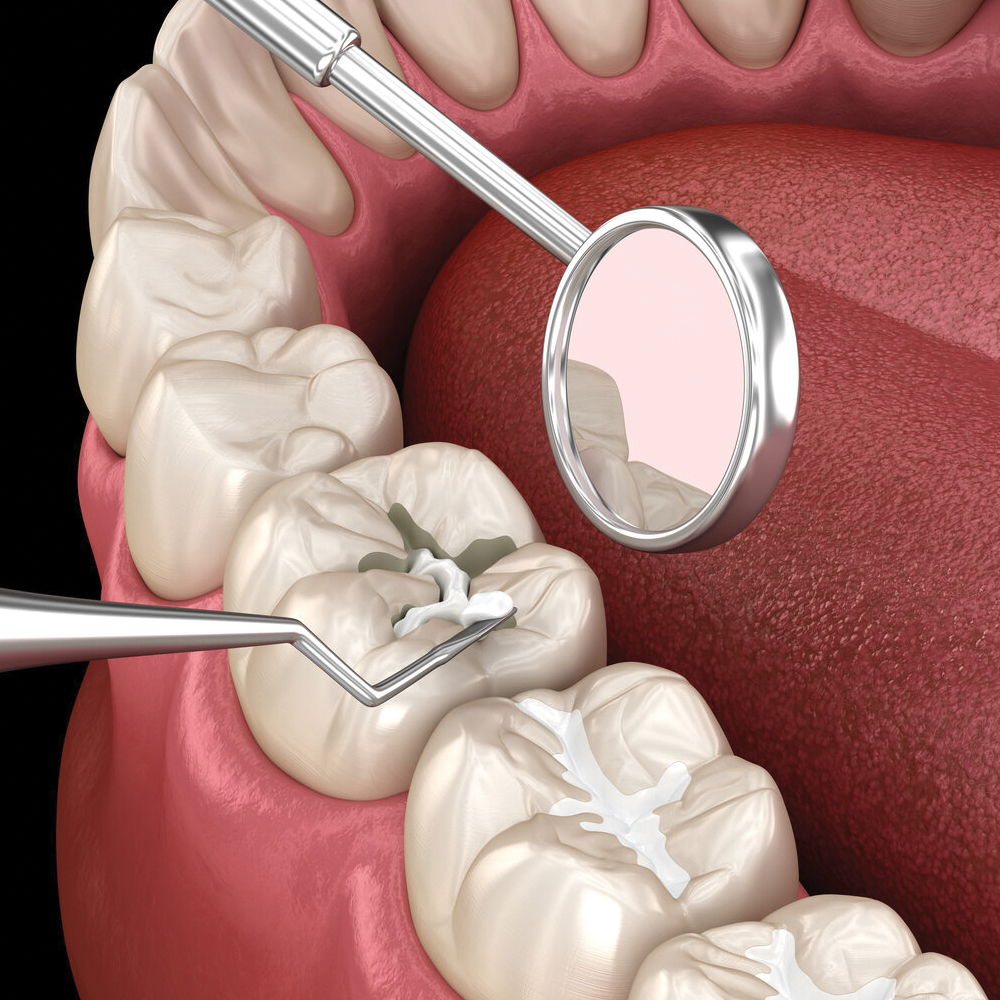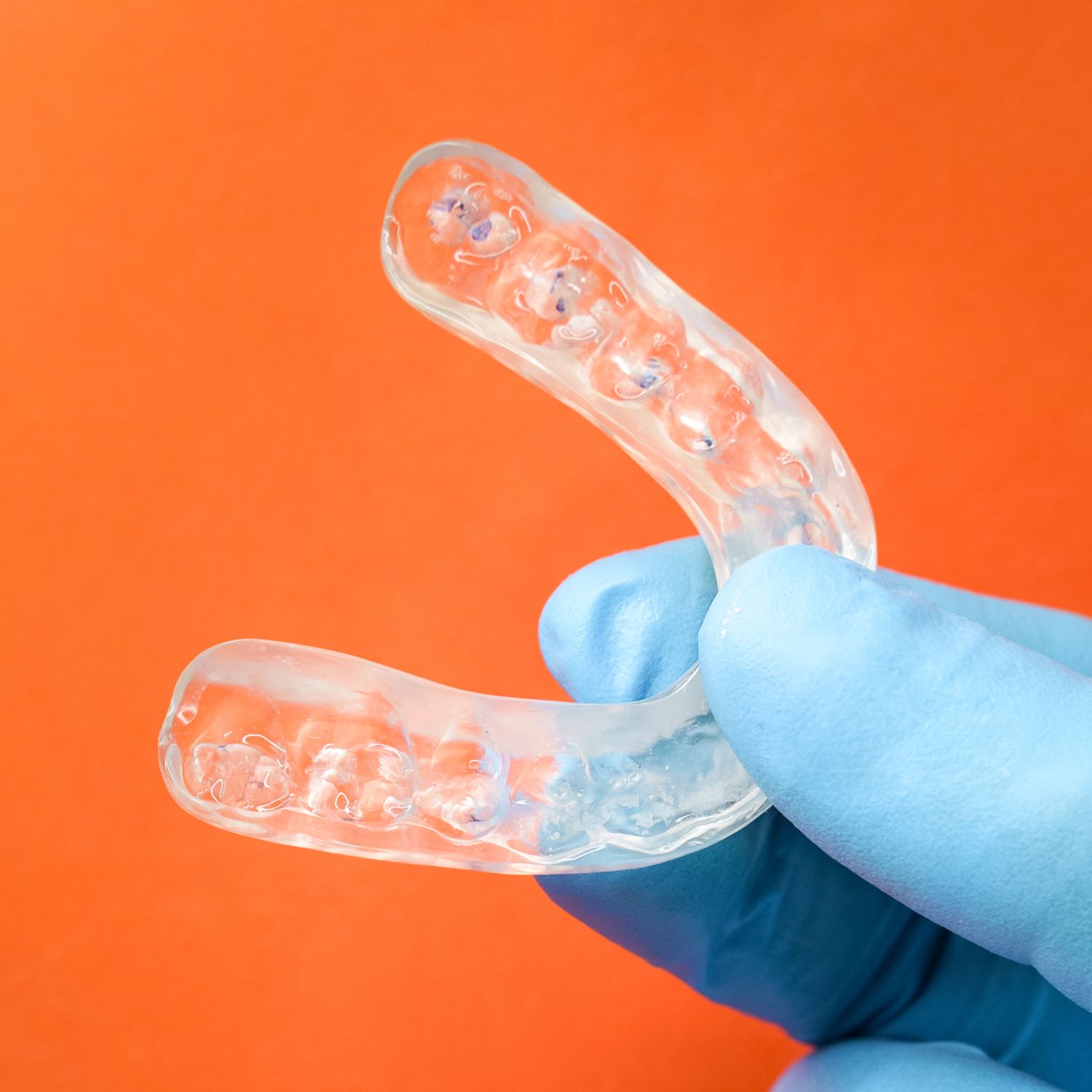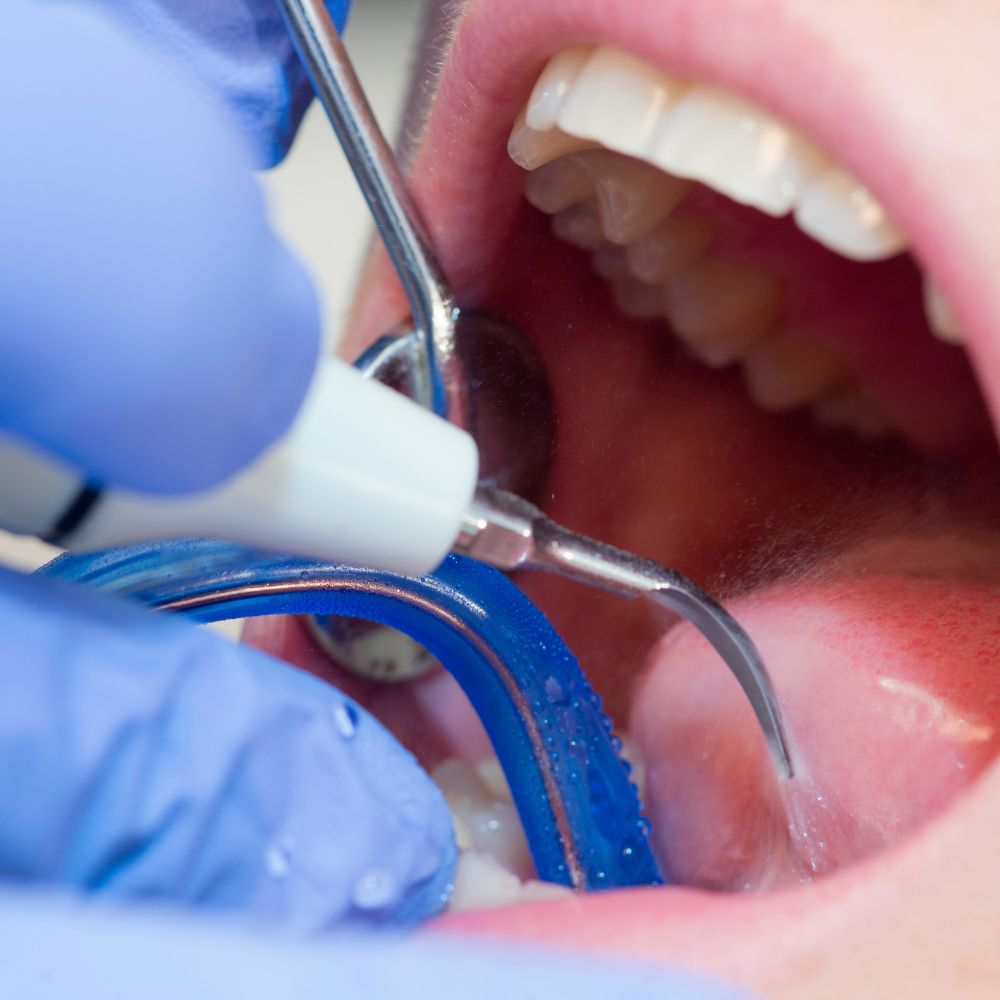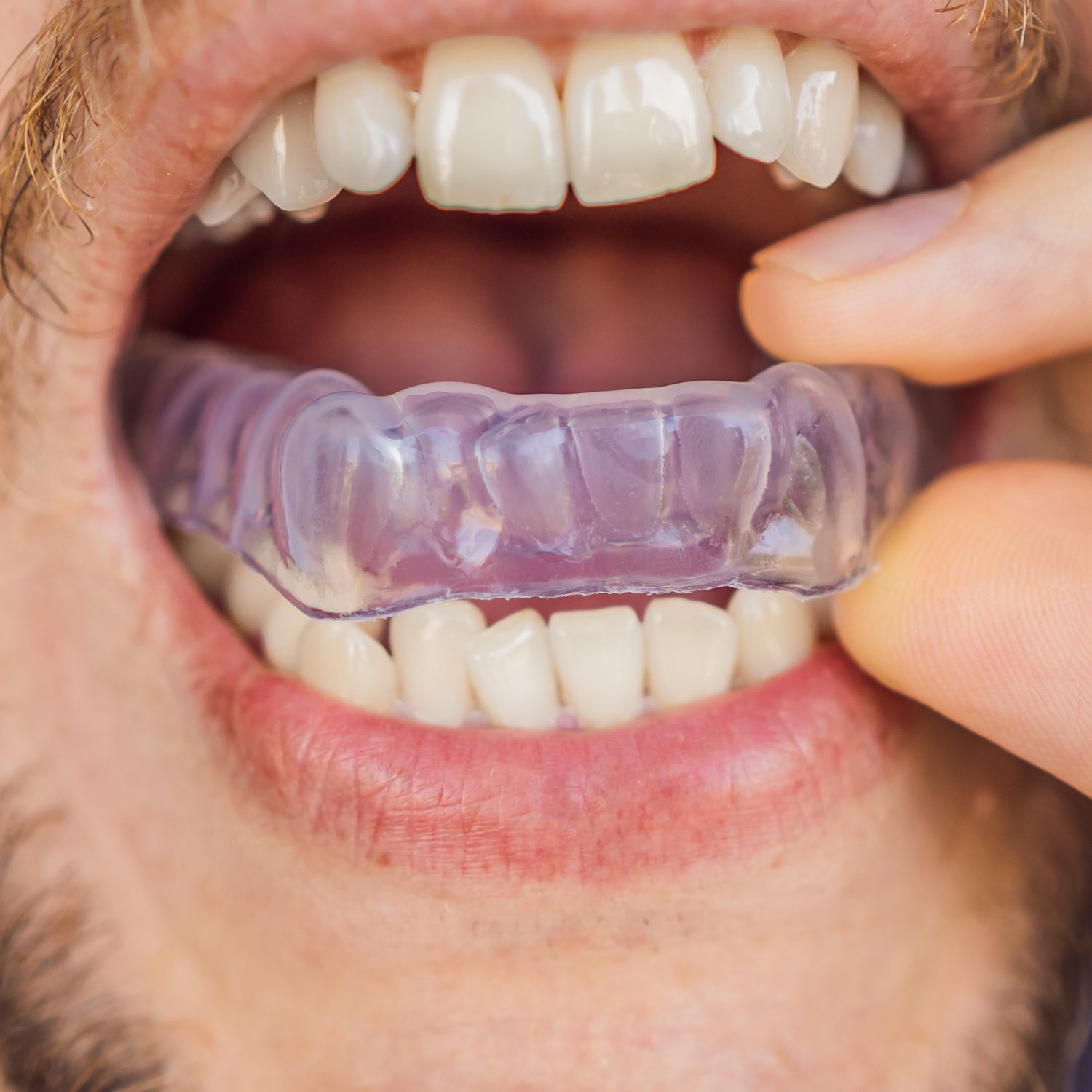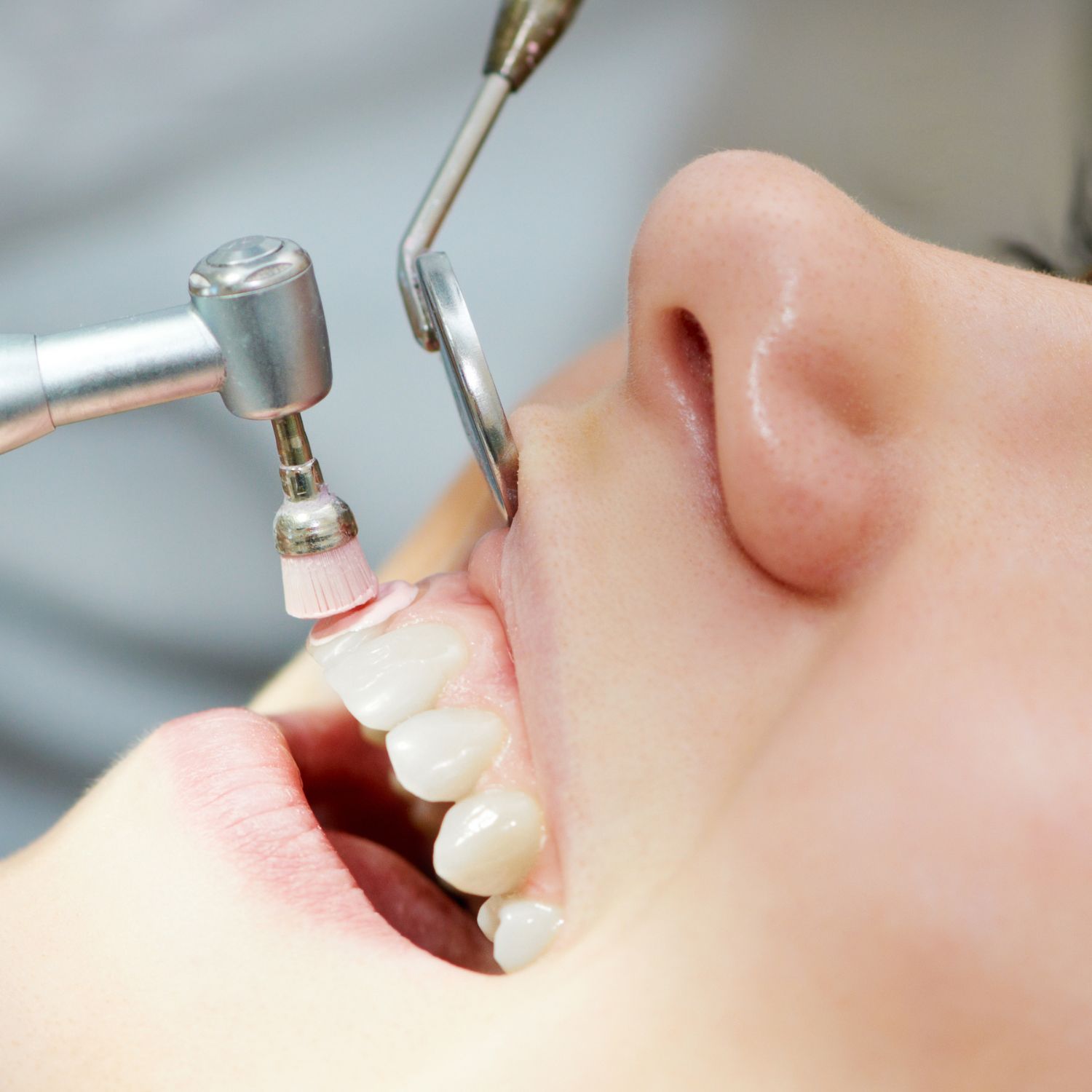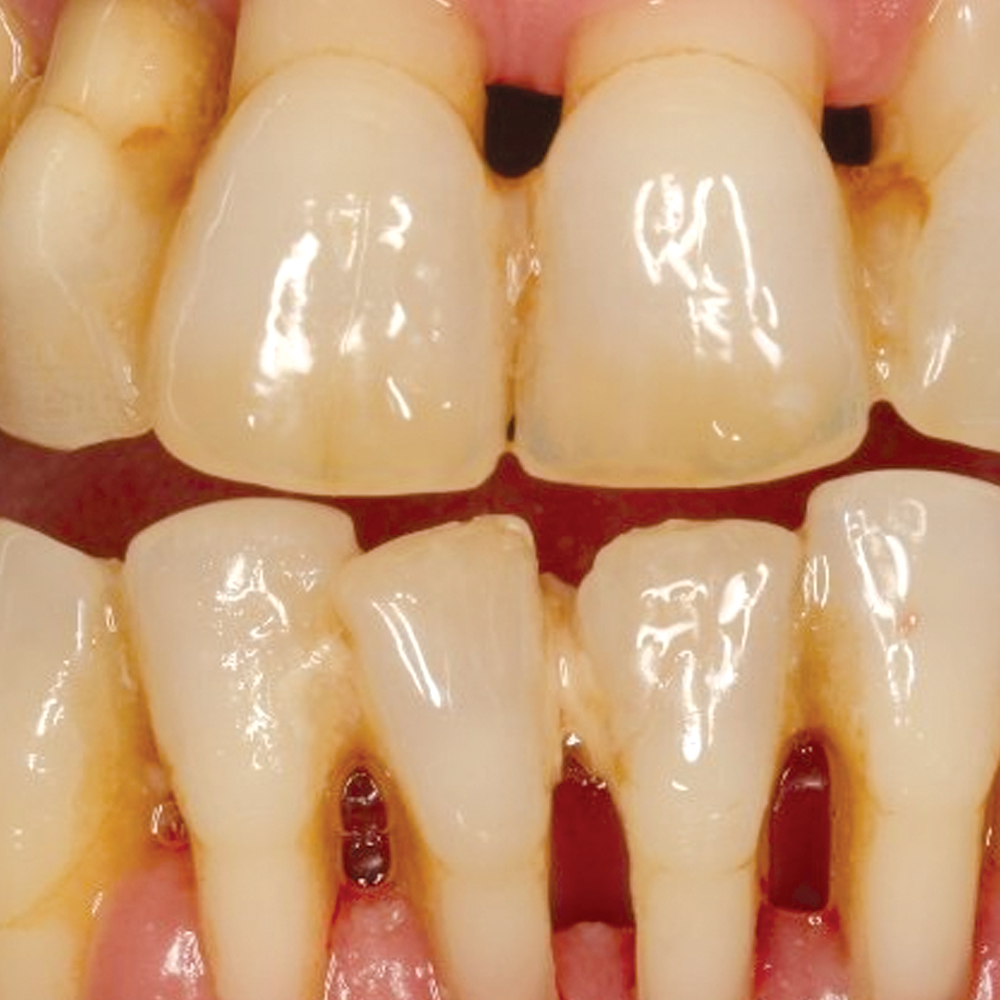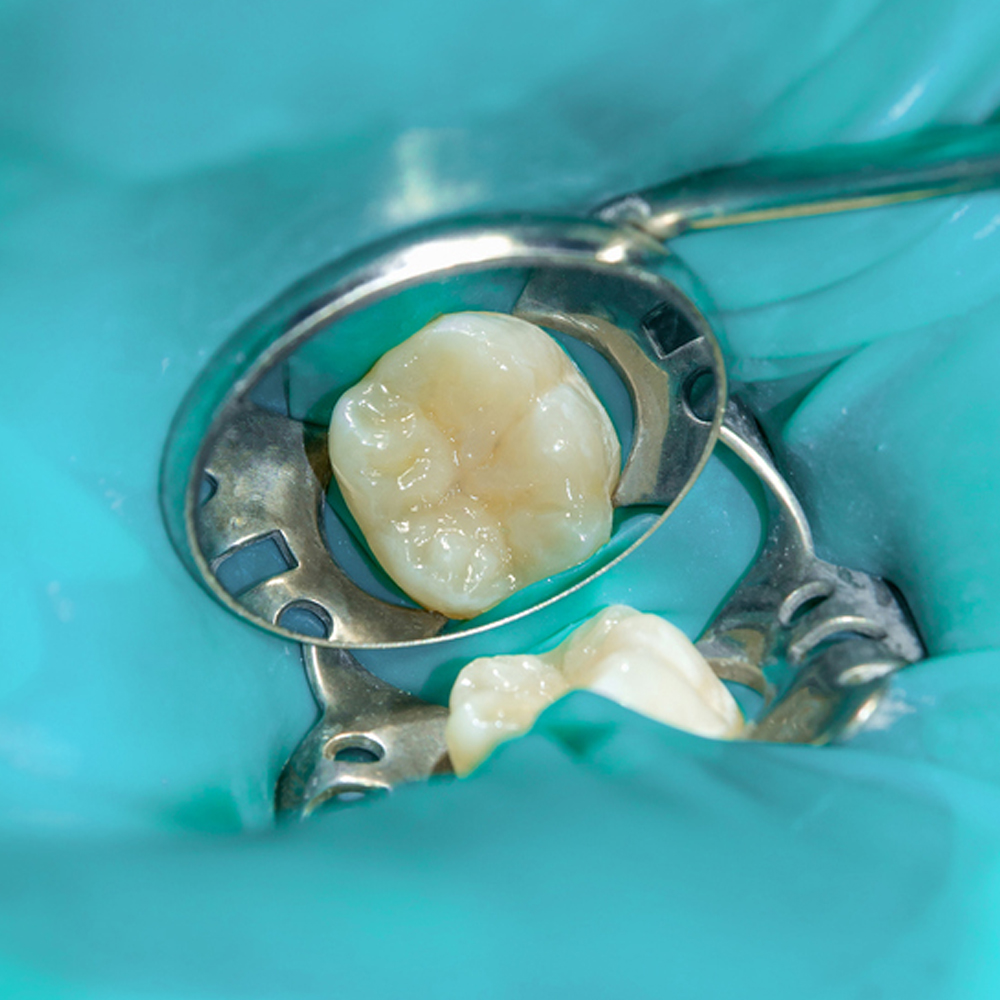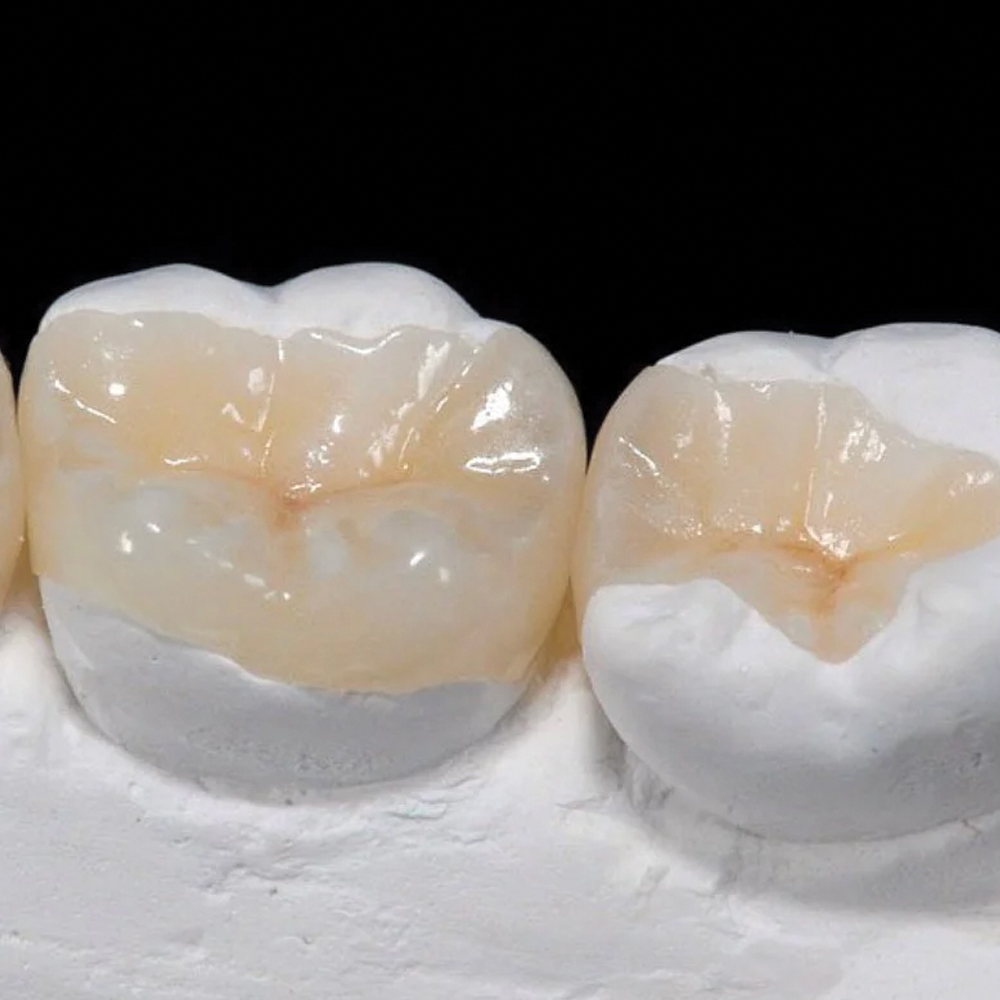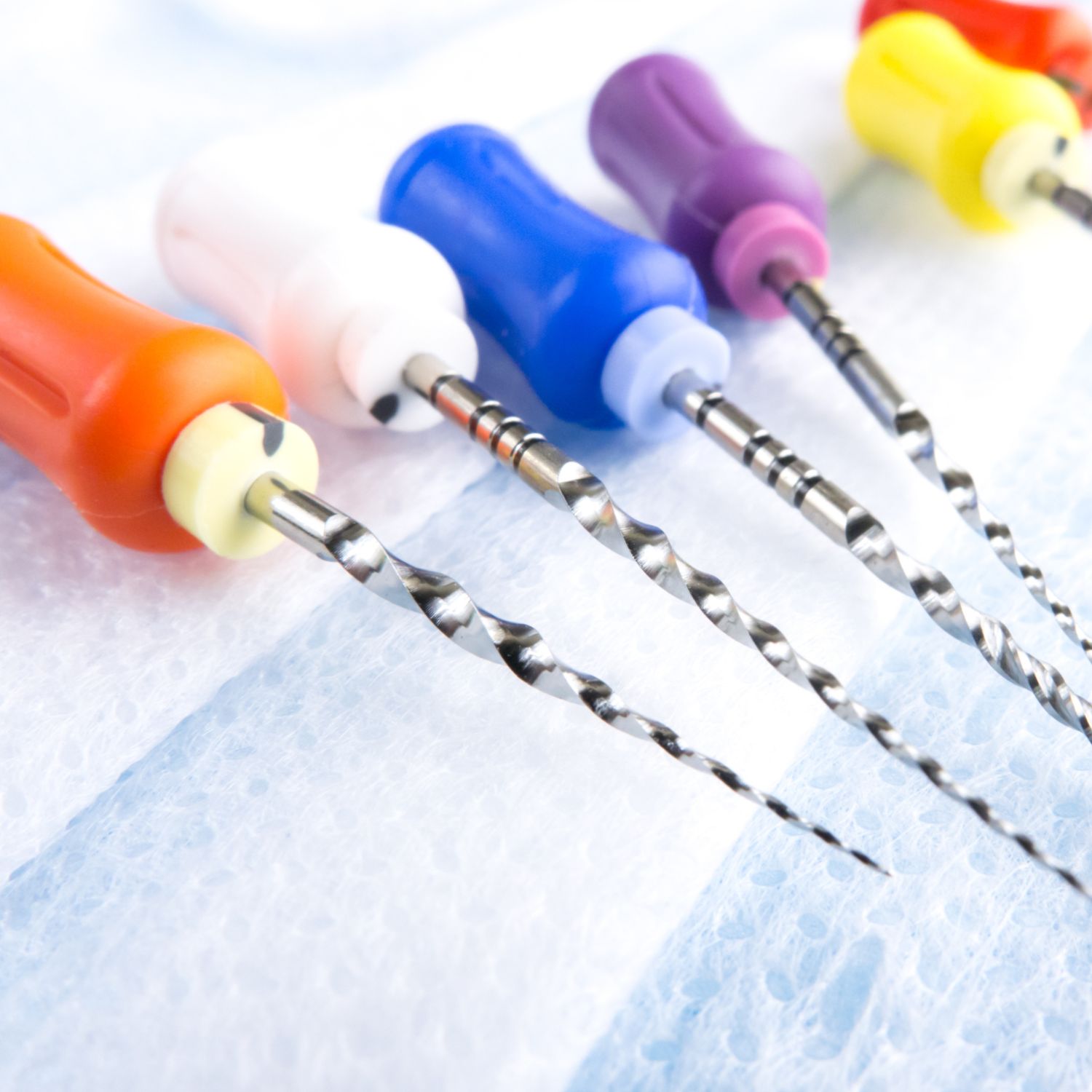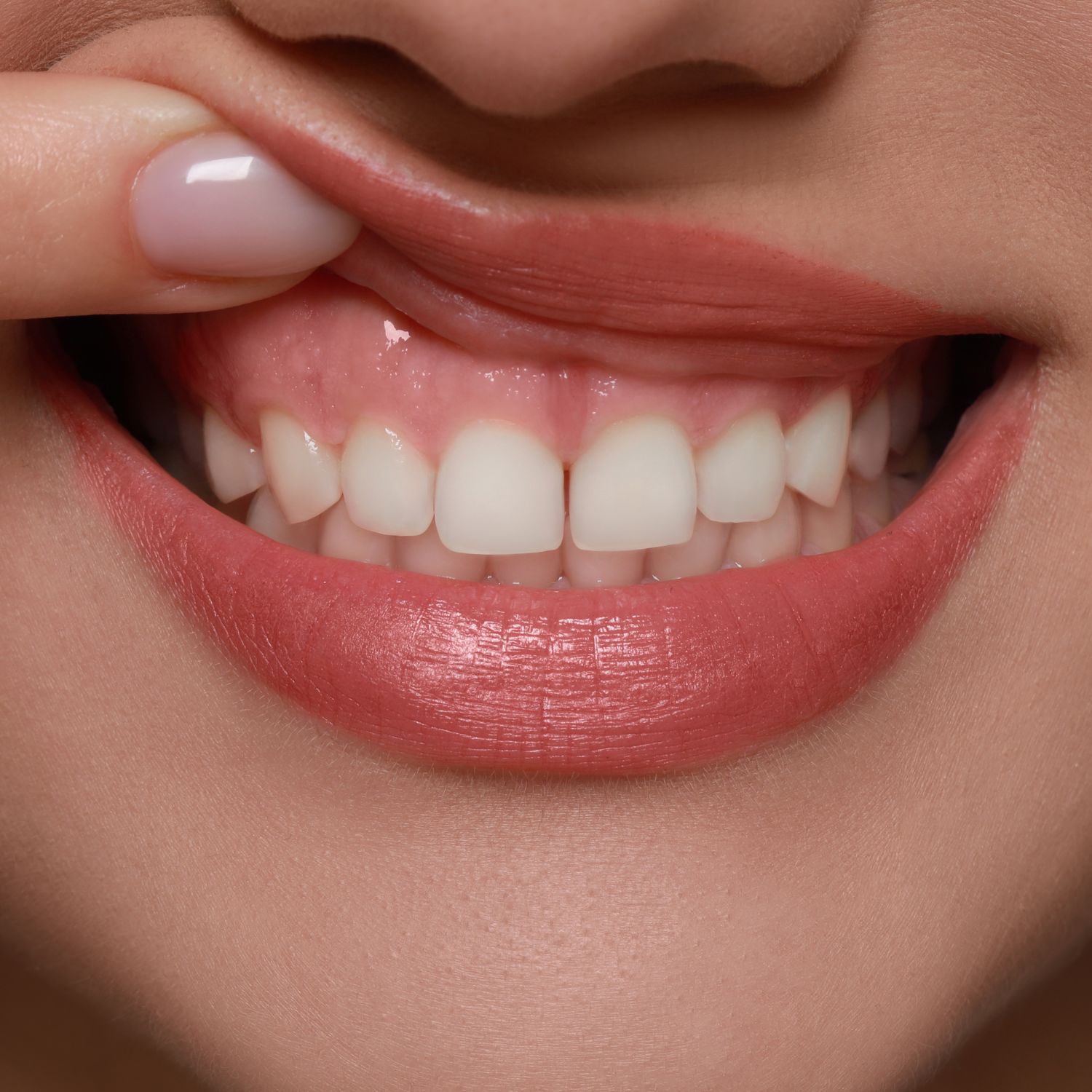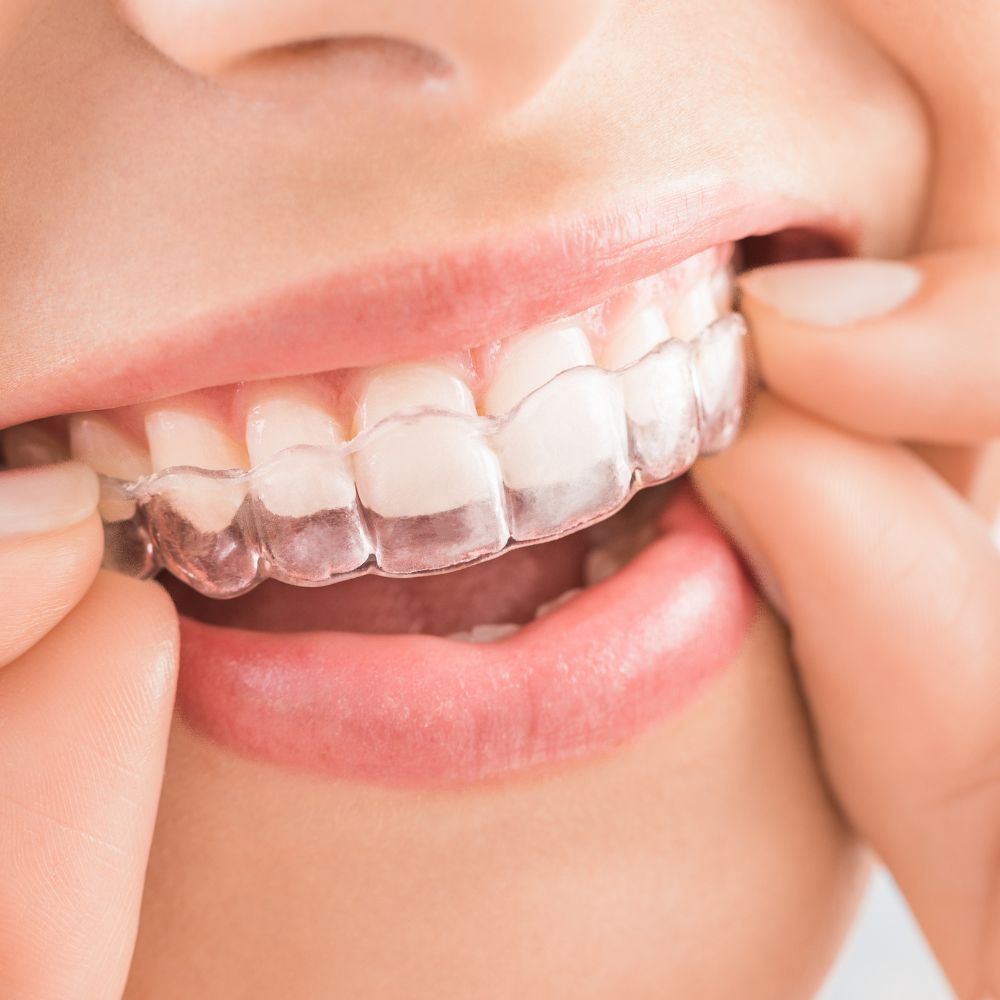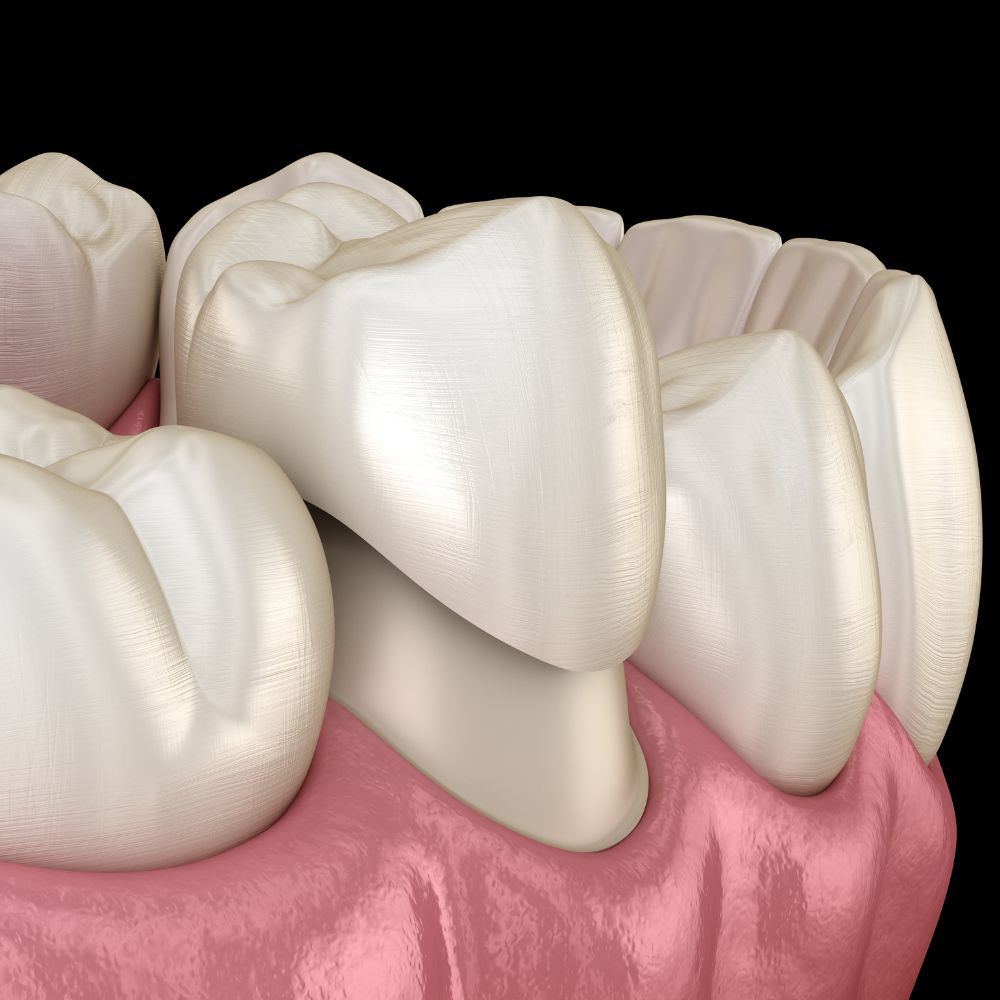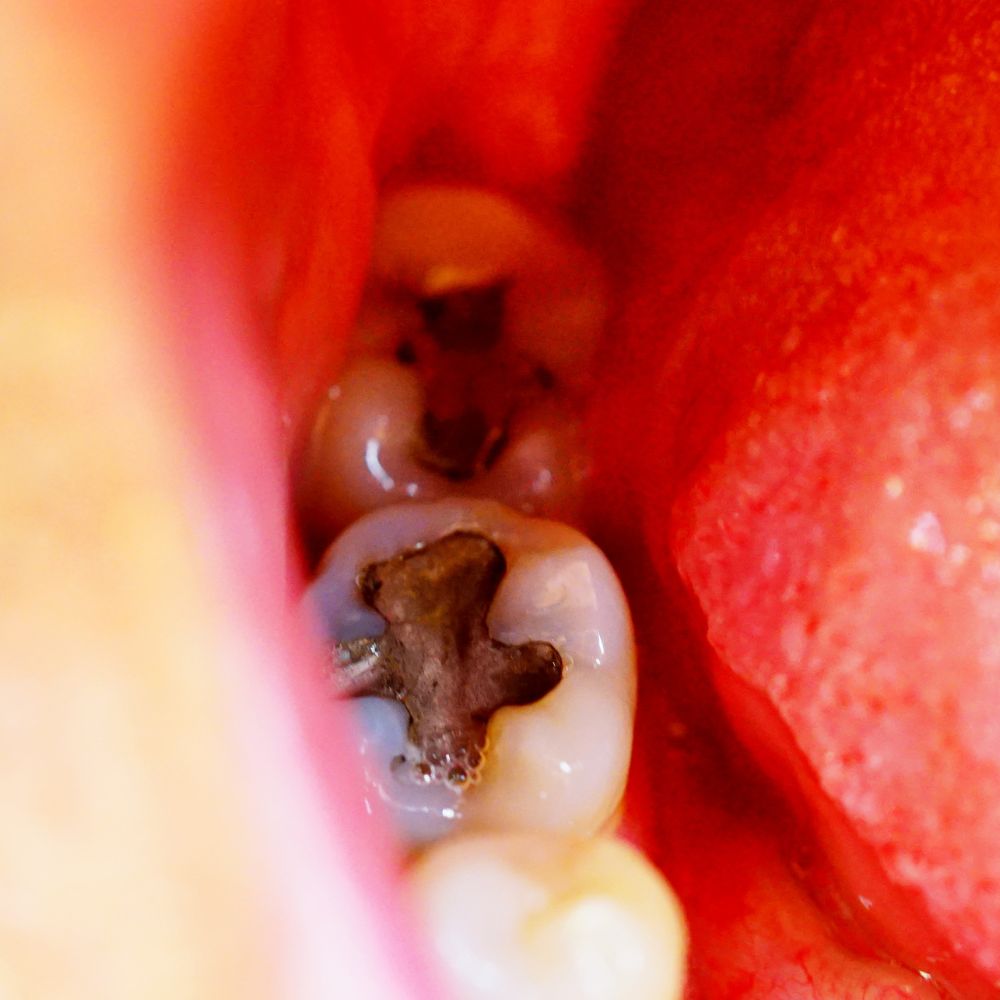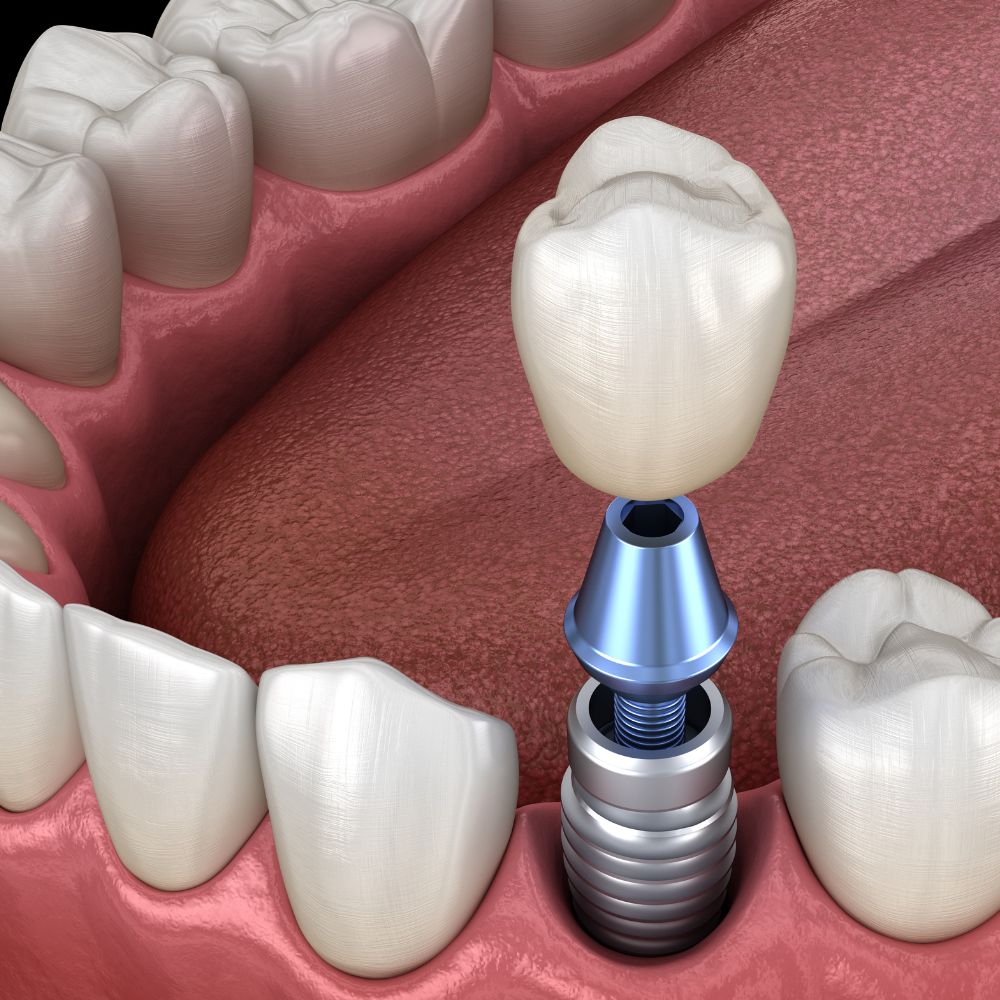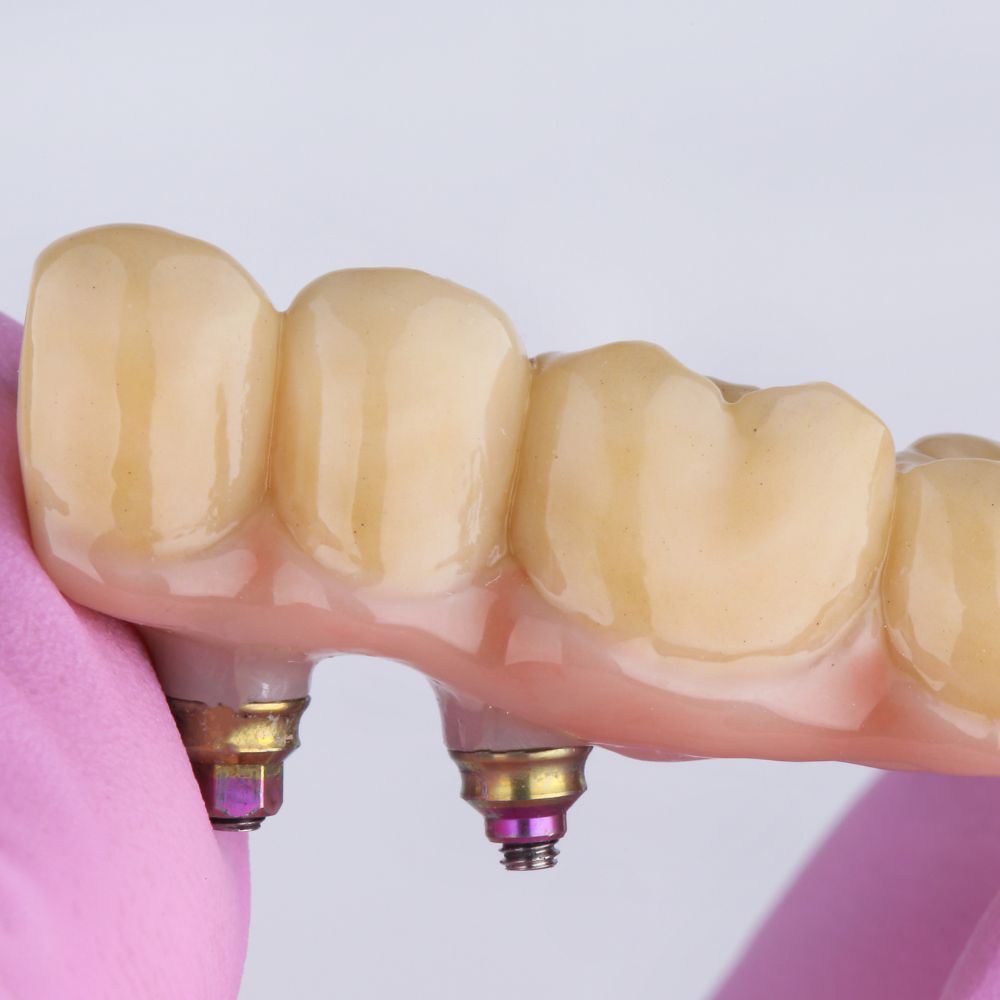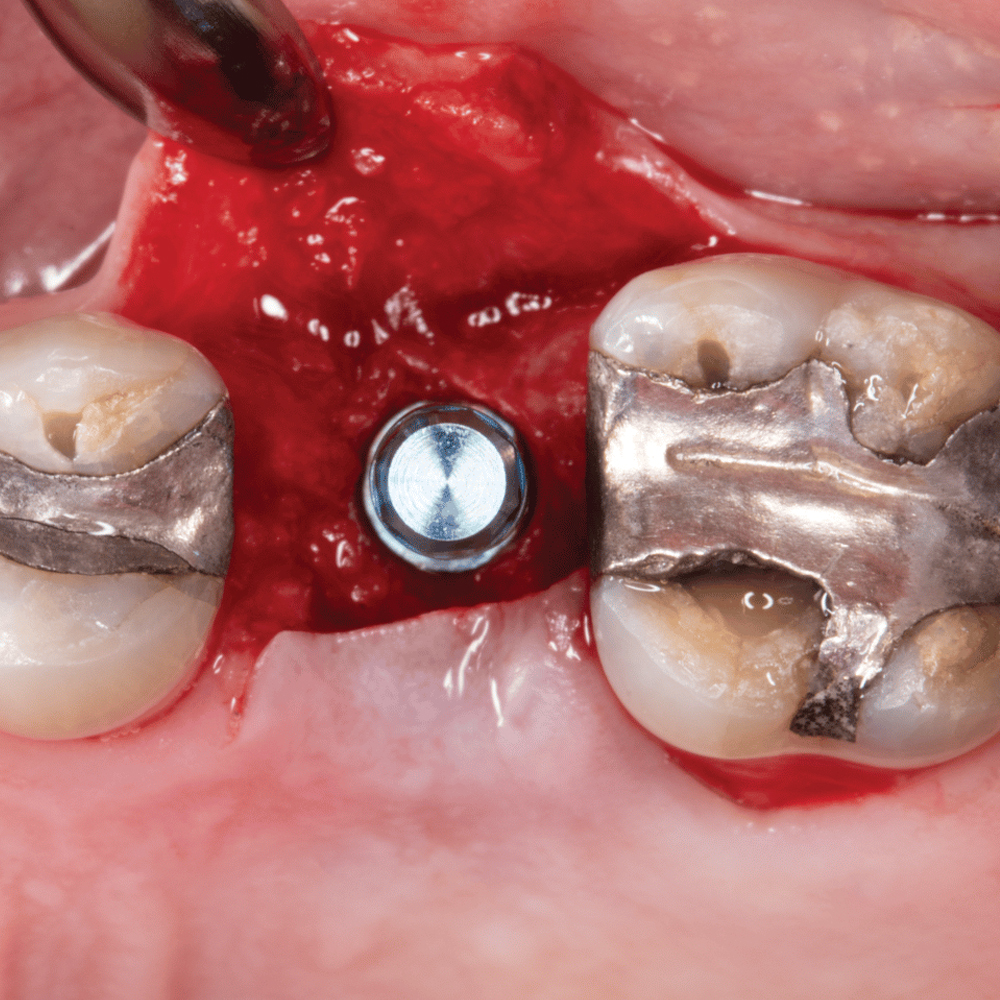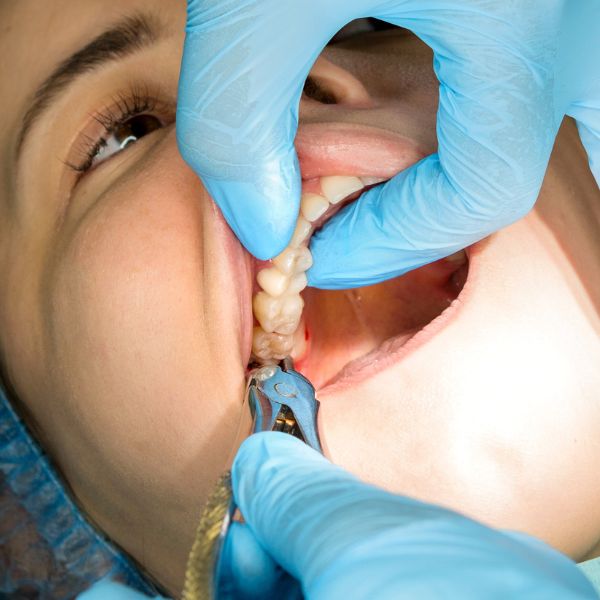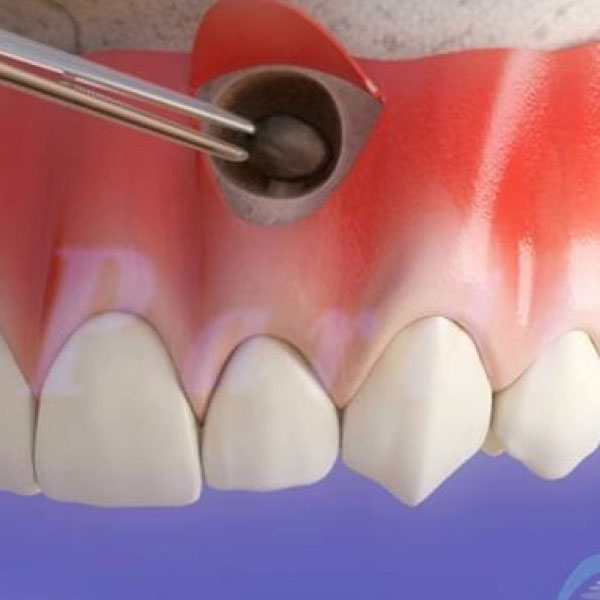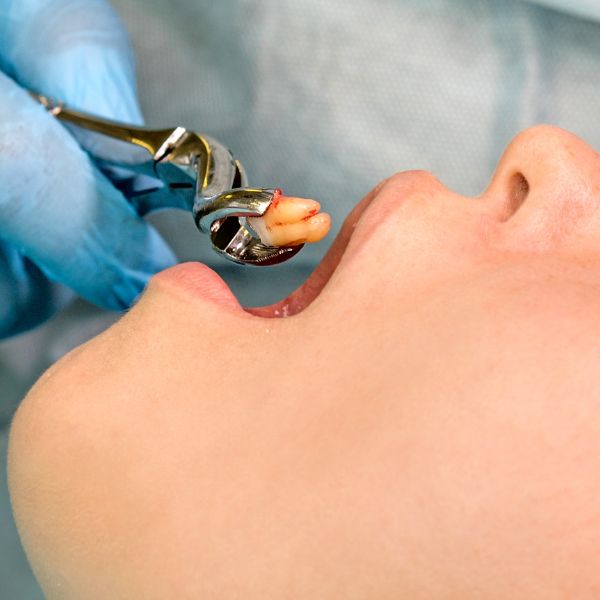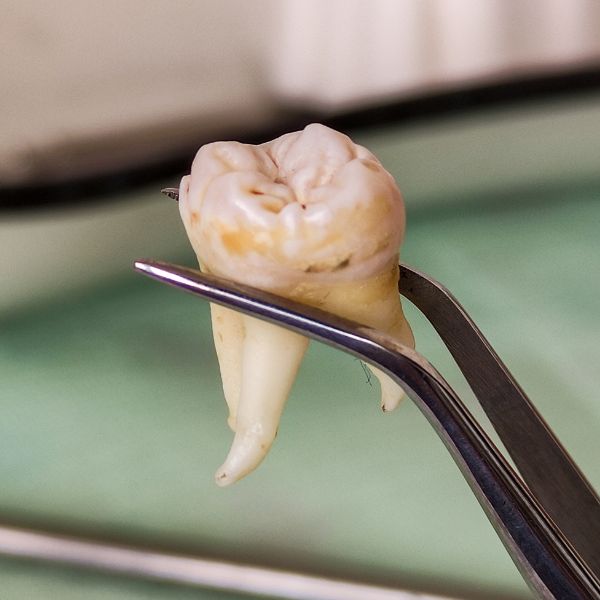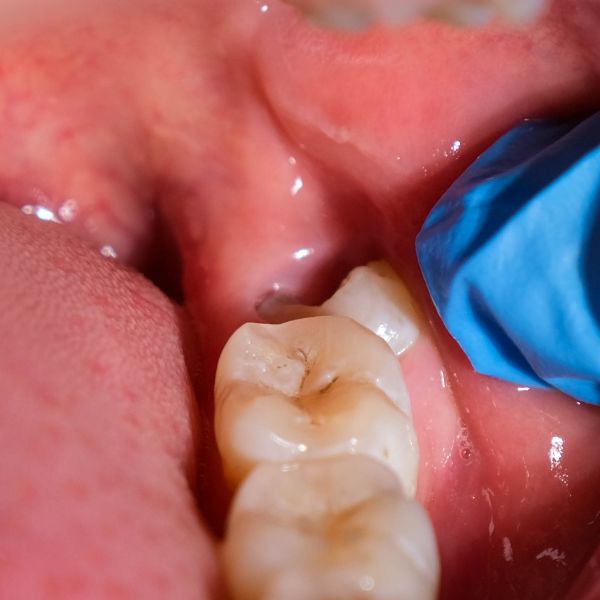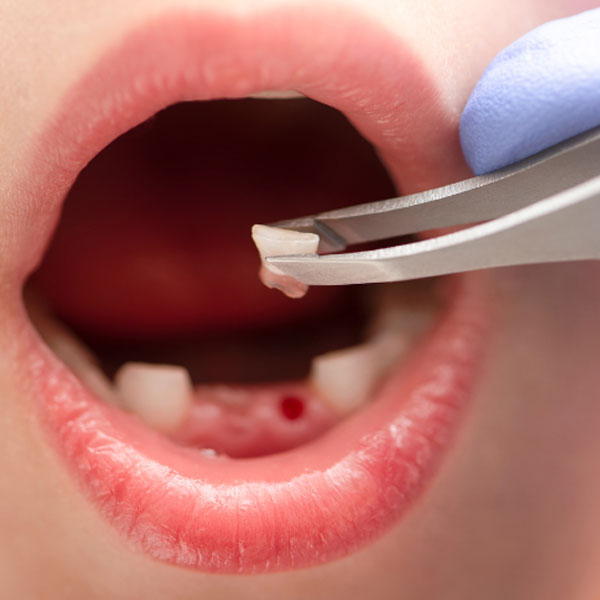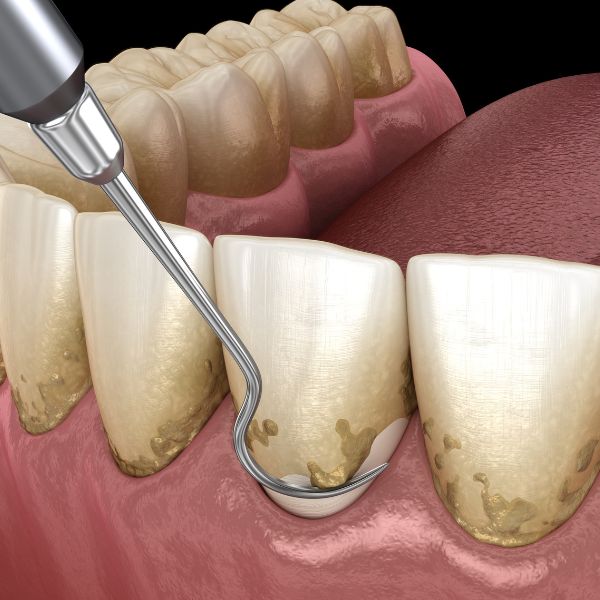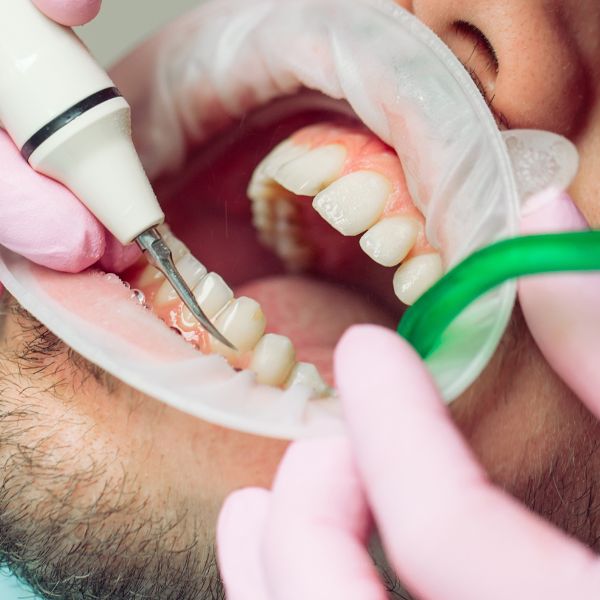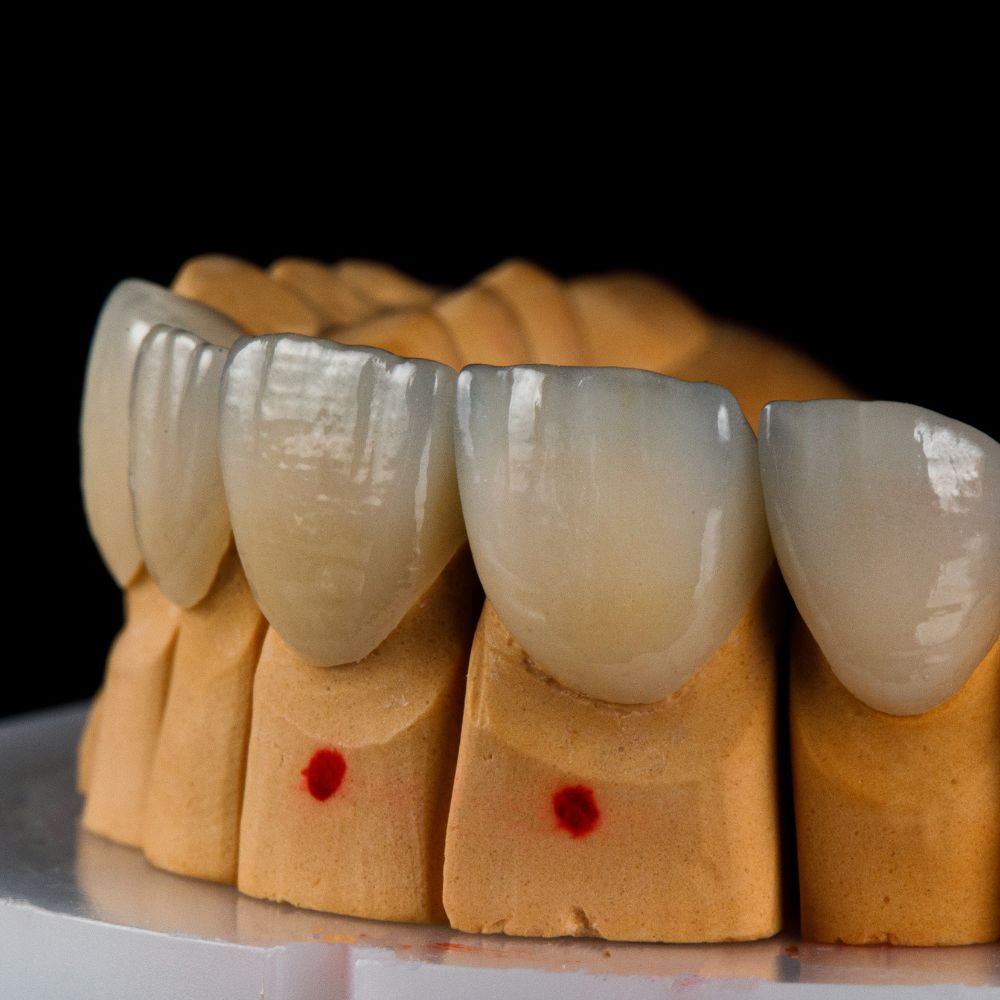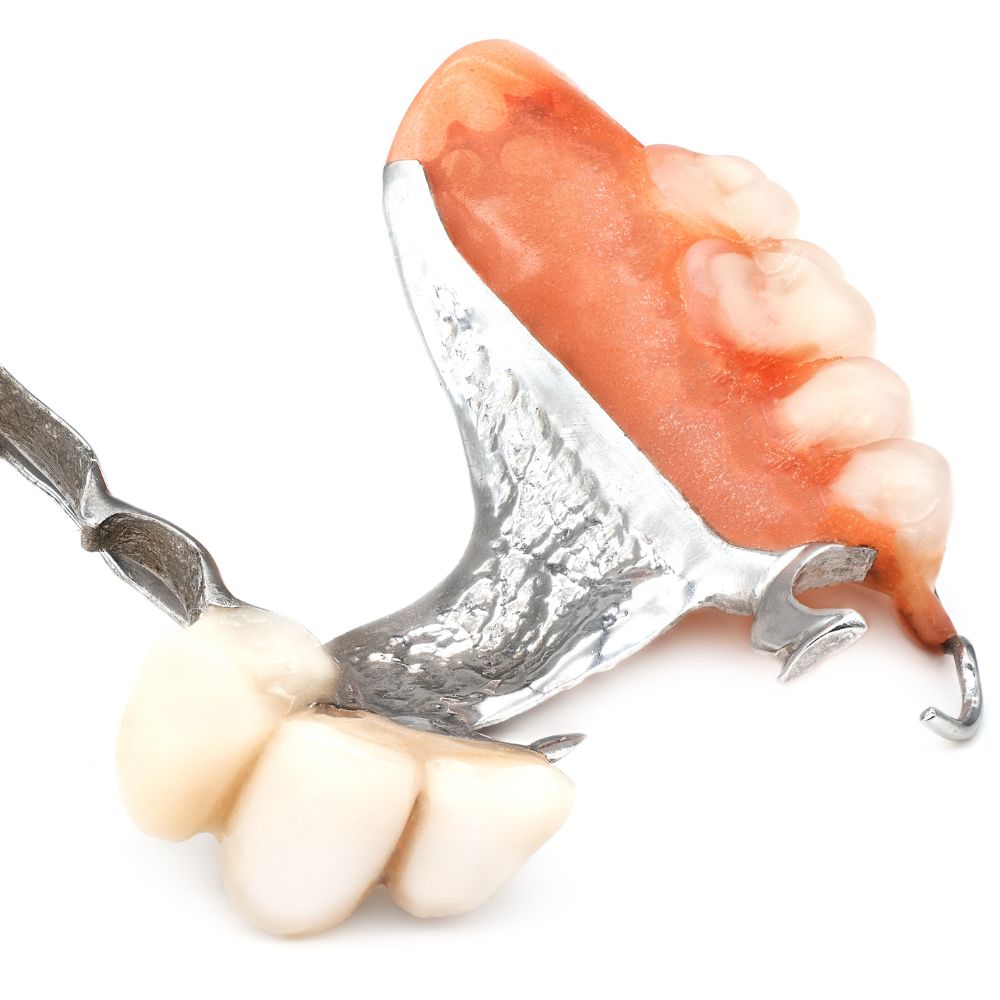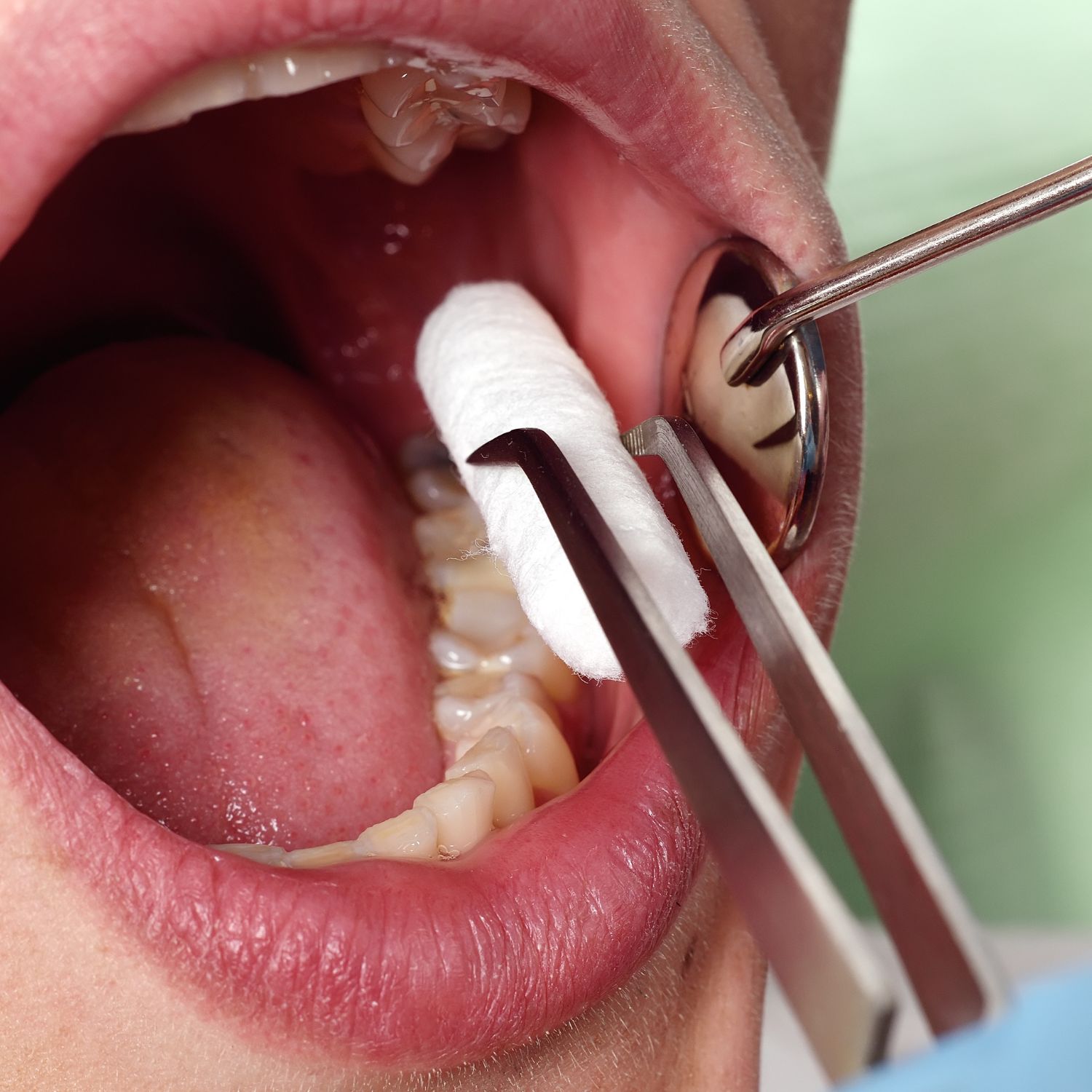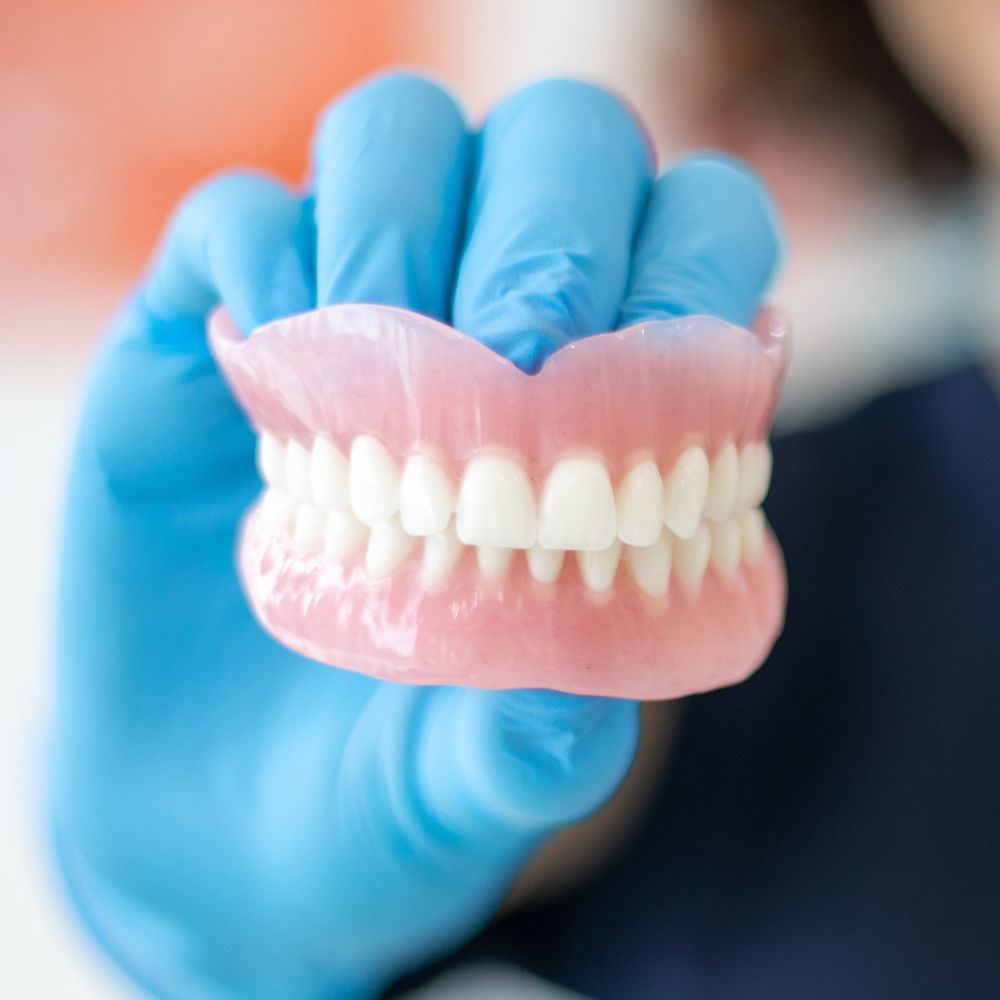Dental bridge
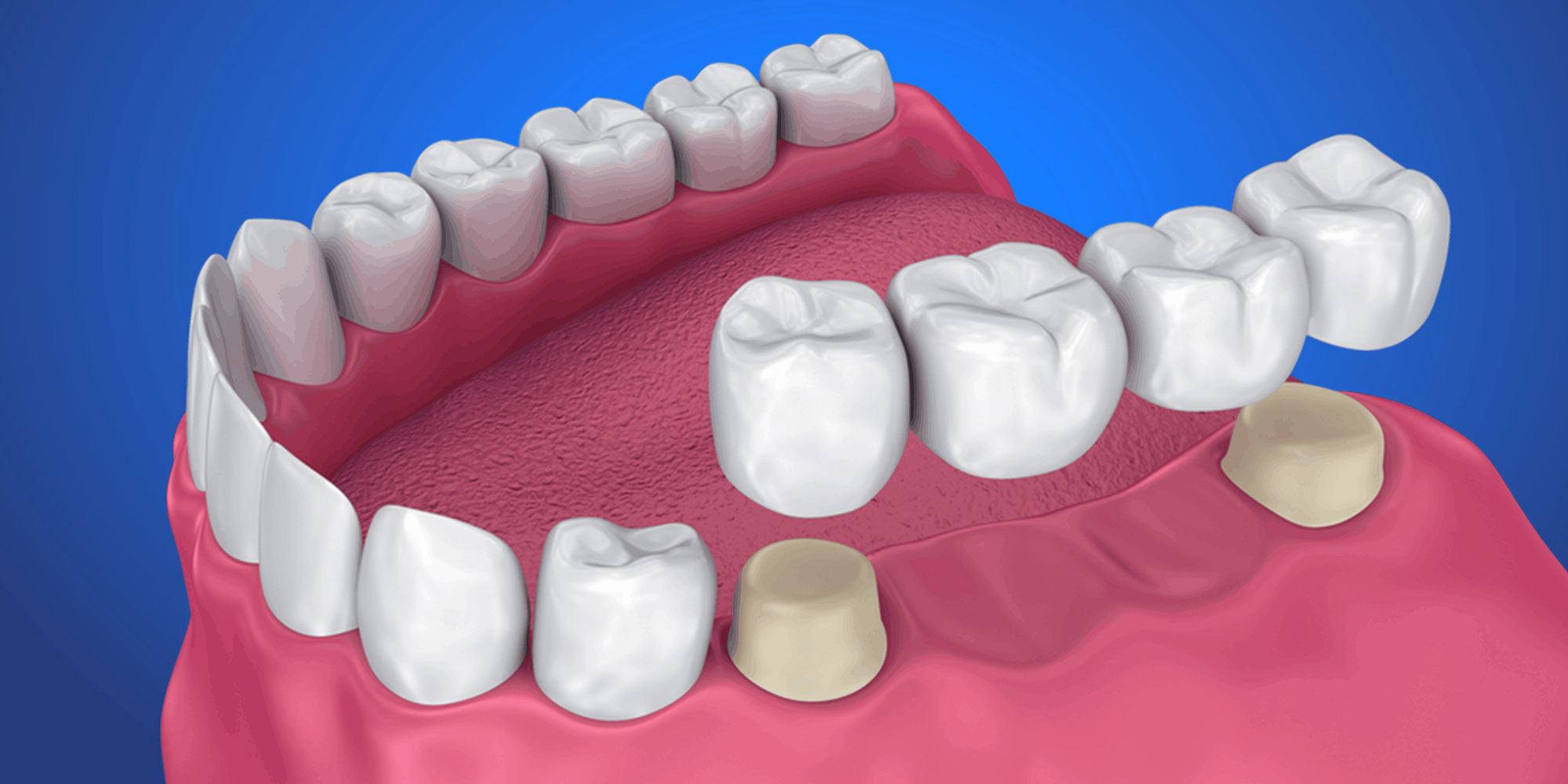
Dental bridges are a common dental restoration option for people who have one or more missing teeth. These are essentially false teeth that are used to bridge the gap created by missing teeth, restoring both the aesthetics and functionality of the mouth. Dental bridges can be an excellent solution for those who do not want dental implants or do not wish to undergo surgery.
Types of dental bridges
There are several types of dental bridges, each designed to meet specific needs and preferences. The most common types include traditional bridges, cantilever bridges, Maryland bridges, and implant-supported bridges.
Traditional bridges are the most popular type and are usually made of porcelain bonded to metal or ceramic. They consist of a false tooth (Pontic) held in place by dental crowns that are welded to the adjacent natural teeth.
Cantilever bridges are similar to traditional bridges, but instead of being supported by dental crowns on both sides, they are supported by a crown on only one side. This type of bridge is used when there is only one adjacent natural tooth available for support.
Maryland bridges are made of a porcelain or metal framework with a false tooth attached. The framework is bonded to the back of the adjacent teeth with a resin or metal bracket. This type of bridge is a conservative choice as it preserves the natural tooth structure.
Implant-supported bridges are considered the most stable and durable option. They are supported by dental implants, which are surgically placed in the jawbone. Implant-supported bridges offer superior aesthetics and functionality, but require a sufficient amount of healthy jawbone to support the implants.
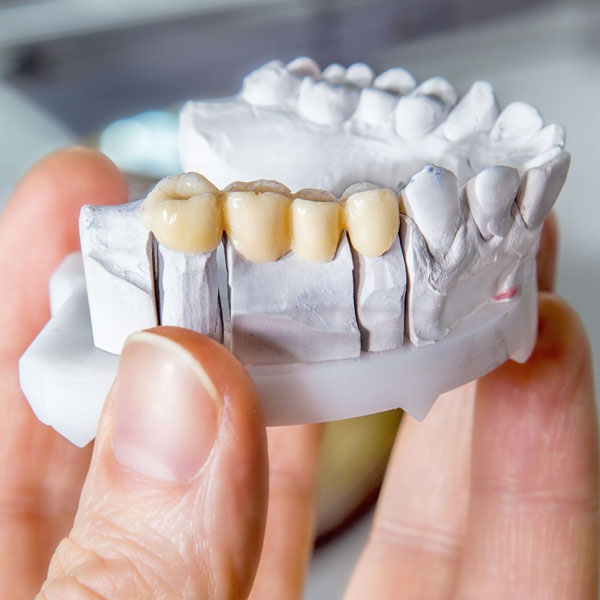
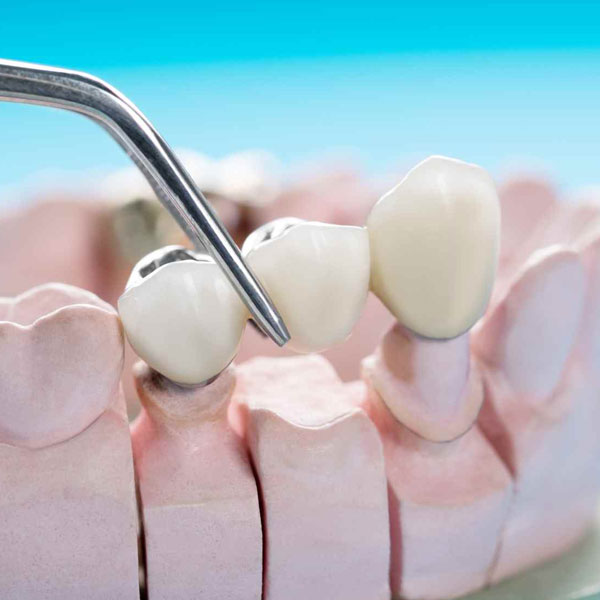
Benefits of dental bridges
Dental bridges offer many benefits for people who are missing teeth. First, they restore the appearance of the smile by covering gaps and preventing adjacent teeth from shifting. This can greatly improve your confidence and self-esteem. Second, bridges restore the functionality of your mouth, allowing you to chew and speak properly. They also distribute the forces of your bite evenly, preventing excessive strain on the remaining natural teeth.
Another advantage of dental bridges is that they are a non-invasive and relatively quick solution compared to dental implants, which require surgery and a healing period. Bridges are also more affordable than implants, making them a viable option for people on a tight budget. Finally, dental bridges can help maintain the shape of your face, as missing teeth can cause the face to sag and look older.
How do dental bridges work?
Dental bridges work by covering the gap created by one or more missing teeth. They are custom made to match the color, size and shape of your natural teeth, offering a seamless and natural smile. A bridge consists of a false tooth (bridge) that is anchored in place with dental crowns or implants on each side.
For traditional bridges, the adjacent natural teeth are prepared by removing a portion of the enamel to accommodate the dental crowns. After the rims are in place, the podium is attached, effectively "bridging" the gap. On the other hand, Cantilever bridges require the preparation of only one adjacent natural tooth.
Maryland bridges use a resin or metal wing that is bonded to the back of adjacent teeth, eliminating the need for extensive tooth preparation. Implant-supported bridges, as the name suggests, are supported by dental implants that are surgically placed in the jawbone. The implants fuse with the bone over time, providing a stable base for the bridge.
Faq Dental Bridge
How should we take care of dental bridges?
Proper care and maintenance are essential to the longevity of bridges. Regular oral hygiene practices, such as twice-daily brushing and flossing, are vital to keeping your bridge and surrounding teeth clean. It is recommended to use a soft-bristled toothbrush and non-abrasive toothpaste to avoid scratching the bridge.
In addition to regular oral hygiene, it is important to avoid chewing hard or sticky foods that can damage the bridge. It is also recommended that you limit your consumption of sugary foods and drinks to prevent tooth decay and gum disease. Regular dental exams and professional cleanings are essential to monitor the condition of the bridge and ensure it is performing optimally.
Are dental bridges uncomfortable?
With advances in dental technology and materials, bridges are now designed to fit comfortably and blend seamlessly with your natural teeth.
Are dental bridges durable?
Some people believe that dental bridges are not as durable as dental implants. While dental implants may offer a longer-term solution, dental bridges can last for many years with proper care. The lifespan of a bridge depends on several factors, including oral hygiene practices, diet and overall oral health.
What is the cost of a dental bridge?
The cost of dental bridges can vary depending on factors such as the type of bridge, the materials used and the complexity of the case.

